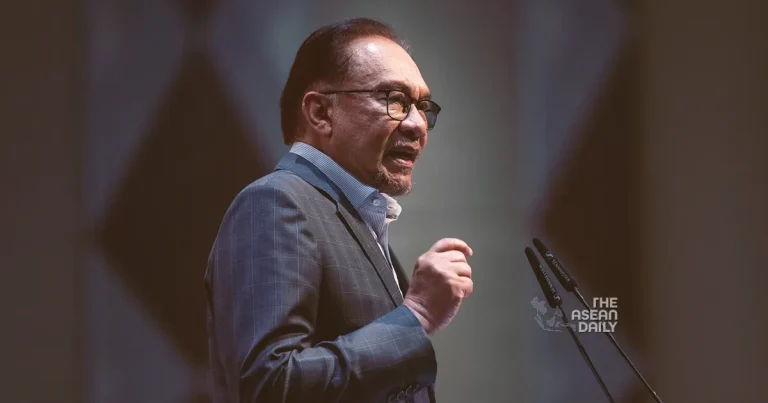16-3-2024 (KUALA LUMPUR) Malaysia’s plans for significant changes to citizenship qualifications are facing potential retraction following a revolt by lawmakers within Prime Minister Anwar Ibrahim’s Pakatan Harapan (PH) coalition.
Among the proposed constitutional amendments is a widely praised initiative to permit both mothers and fathers to transmit Malaysian citizenship to their children born overseas. However, another amendment, aimed at tightening citizenship regulations, has drawn criticism for potentially rendering thousands stateless.
The Straits Times has learned that numerous MPs from PH have expressed serious reservations during briefings since Home Minister Saifuddin Nasution confirmed on March 8 that the Cabinet had endorsed the Bill for tabling in Parliament. PH, the leading component of the multi-coalition government, has long advocated for progressive reforms.
The proposed changes entail revoking citizenship rights for stateless children born in Malaysia, foundlings, and children of permanent residents. Additionally, the amendments seek to lower the age threshold for childhood citizenship applications from 21 to 18 and to strip foreign wives of citizenship if their marriage dissolves within two years of acquiring Malaysian nationality.
Concerns raised by MPs primarily centre around the potential statelessness of abandoned children, particularly if their parentage cannot be verified, leaving them deprived of basic education and citizen rights. The government has disclosed that 256 babies were abandoned between 2020 and 2022.
Constitutional amendments necessitate a two-thirds supermajority, requiring 148 votes in the 222-seat chamber, a threshold that Datuk Seri Anwar currently commands, partly due to support from six defectors from the opposition.
The extent of opposition within PH’s 81 elected lawmakers remains unclear, although it appears that a substantial portion, including members of the Democratic Action Party and Parti Keadilan Rakyat, have voiced dissent. Notable figures, such as former deputy minister Ramkarpal Singh, have openly criticised the amendments, citing Malaysia’s commitment to the United Nations to reduce statelessness.
Speculation suggests that the proposed amendments, particularly those tightening citizenship regulations, may be concessions to conservative nationalist factions, often referred to as the “deep state,” and to the eastern state of Sabah, grappling with undocumented migrants and citizenship issues.
While the Home Ministry asserts that the amendments have received the assent of the Conference of Rulers, comprising nine constitutional monarchs, sources indicate that some rulers have requested a review following additional presentations.
In response to alternative proposals from PH backbenchers, such as separating amendments to prioritise granting citizenship to foreign-born children of Malaysian mothers, the Home Ministry has reportedly remained resistant.




